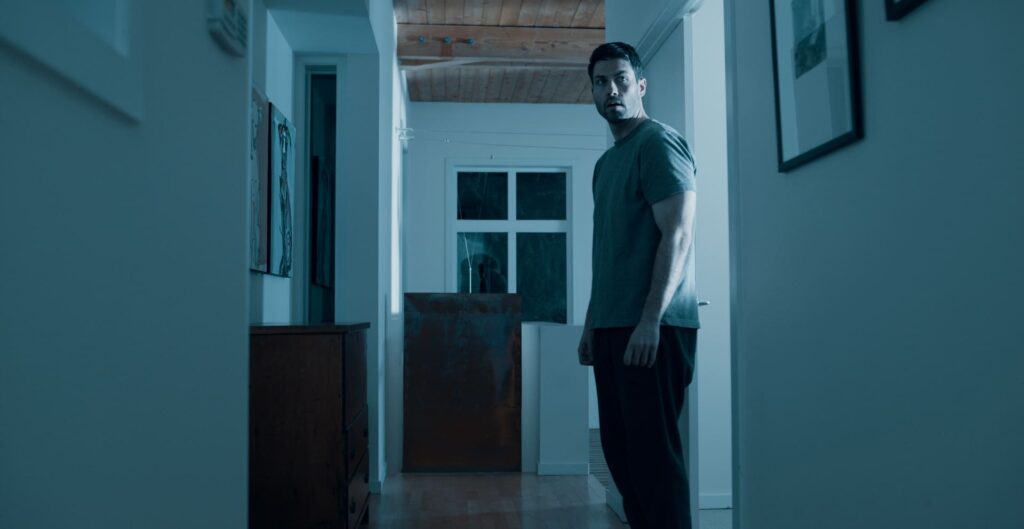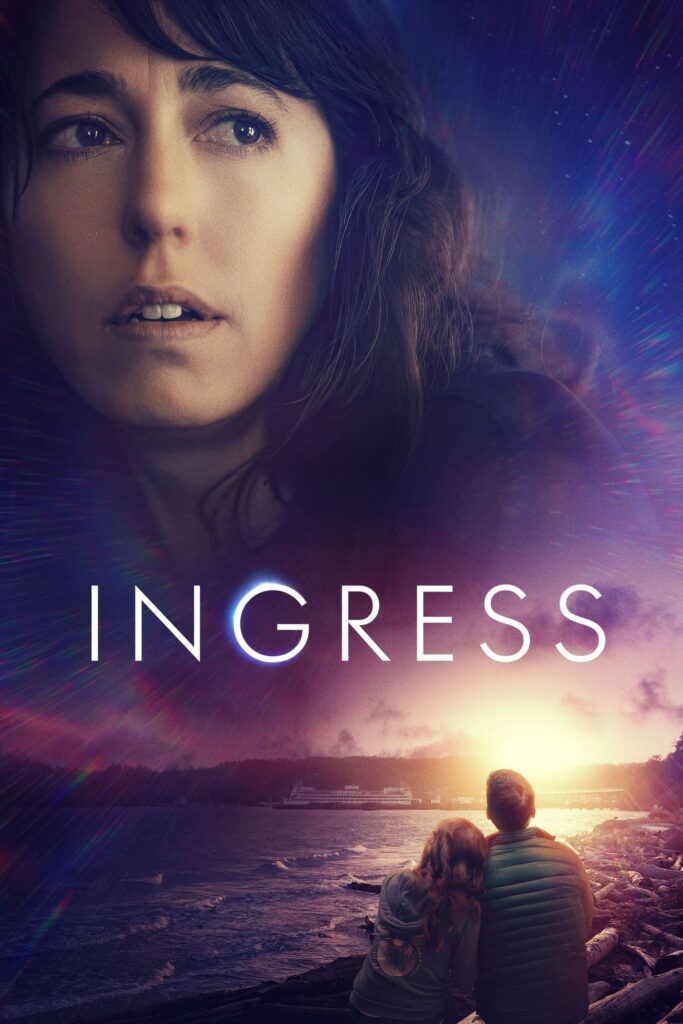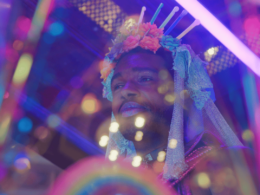Some films grab you with their concept; others with their execution. Ingress does both. Anchored by an intimate story of grief and healing, yet dressed in the high-concept allure of the multiverse, Ingress is a mesmerizing exploration of love, trauma, and the fragile boundaries of reality — without ever losing sight of its deeply human core.
From its enigmatic opening — a sequence steeped in a moody, thriller-like atmosphere — the film announces itself with quiet confidence. The visual language is sharp and purposeful: muted tones and a chilly palette dominate the present, contrasting with the warm, almost nostalgic glow of flashbacks that trace a past filled with love. The result is a visual dialogue between the present and the past, grounding its more cerebral elements in something profoundly emotional.

The sound design and score deserve special mention. The music doesn’t just underscore the action — it breathes with the characters, amplifying their isolation, their confusion, and, later, their fragile hope. Every note feels deliberate, a thread woven tightly into the narrative fabric, particularly during sequences where Riley’s visions blur the line between one reality and another.
At the heart of the story is Riley Carol, a woman whose extraordinary ability to traverse parallel versions of her life has been both a blessing and a curse. She is brought to life with nuance and depth by Rachel Noll James — who also directed the film. A classically trained actor with a background in both theater and film, Noll James delivers a performance that is as vulnerable as it is commanding, infusing Riley with quiet strength and emotional honesty. Her dual role as actor and director pays off beautifully, with a vision that feels deeply personal and perfectly attuned to the material. She masterfully balances complex timelines, flashbacks, and multiple dimensions while keeping the characters and their psychology at the very center of the story.

Opposite her, Christopher Clark shines as Daniel Cassanders, a man wrestling with voices that both torment and guide him. Clark, an accomplished stage actor and musician making his feature debut, brings unexpected warmth and complexity to the role, his performance balancing intensity with a disarming sense of humanity. Together, the two share a chemistry that feels organic and deeply rooted, elevating the film’s emotional stakes without ever tipping into melodrama.
The supporting cast adds remarkable texture, particularly the therapist whose progressive approach once helped Riley anchor herself, and Daniel’s mother, whose grounded warmth hints at an unspoken history. These performances don’t just fill space; they enrich the world, making every interaction feel lived-in and authentic.

What makes Ingress resonate most is its restraint. It resists the temptation to explain too much, letting questions linger just long enough to propel the narrative forward while keeping viewers engaged. The balance between sharp, precise dialogue and striking visual storytelling creates a hypnotic rhythm that’s hard to shake.
Ultimately, Ingress isn’t just a story about parallel realities. It’s about connection — about finding your way through grief and chaos toward something that feels like home, even when the universe splinters into infinite possibilities.
With its elegant cinematography, immersive soundscape, and emotionally charged performances, Ingress is a haunting and hopeful meditation on loss, love, and the choices that shape who we are — and who we could be — across every version of our lives.










